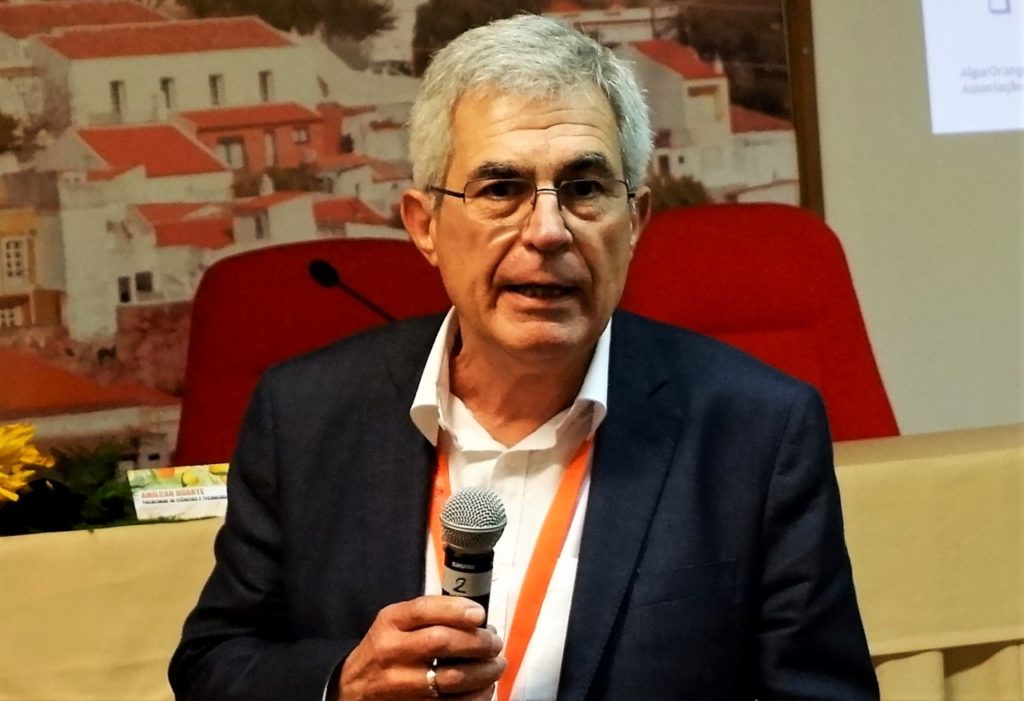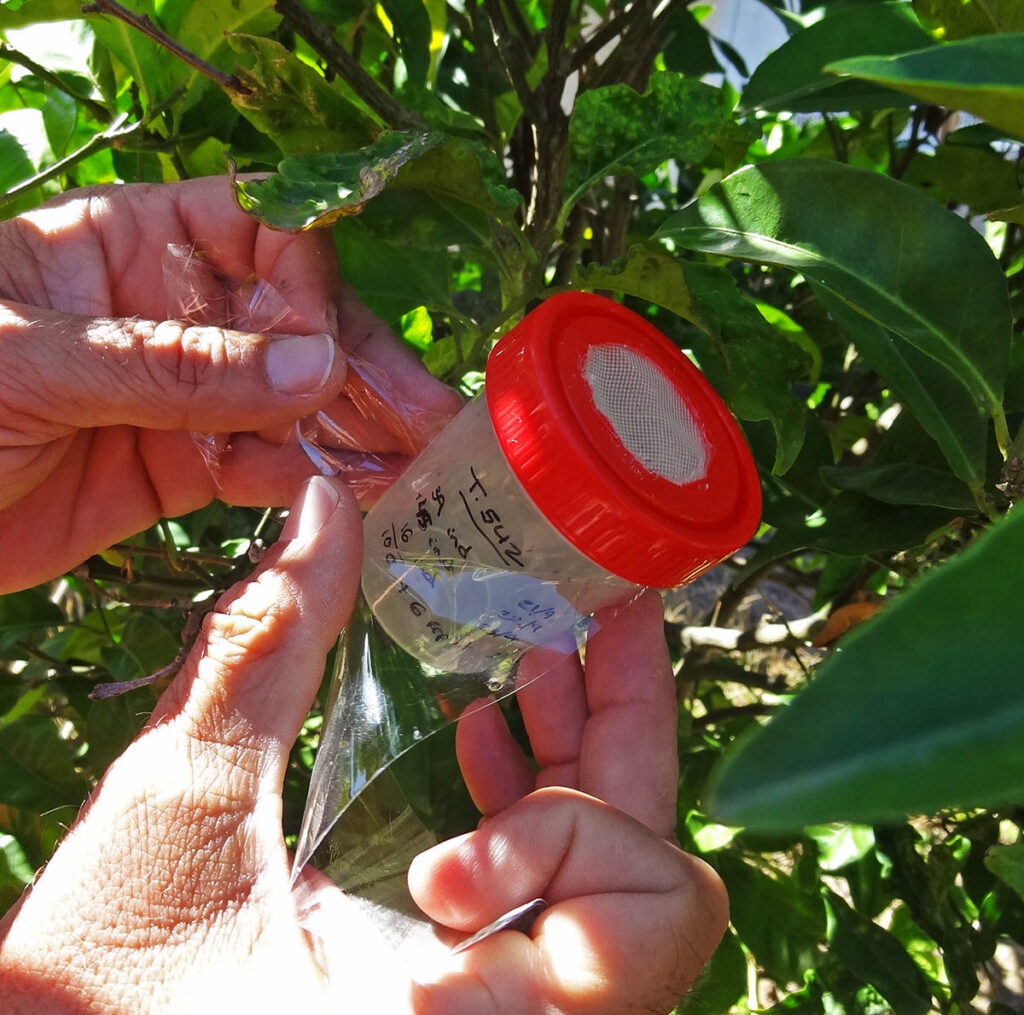Pests and diseases that already affect the citrus industry in the Algarve, but also threats that, in the future, may have "devastating effects" on this agricultural crop, are worrying the region's producers, who are asking for concrete measures and a strategy from public authorities to combat them .
The demand was made during the presentation of the 2nd Citrus Campaign Balance, an initiative promoted in Loulé by AlgarOrange and by the National Fruit and Vegetable Operational and Technological Center (COTHN), where, more than talking about production, they talked about the «difficulties that the sector is facing», as illustrated by José Oliveira, president of this association of producers.
The restlessness is related to the fruit fly, which already "causes enormous economic damage", but, above all, to the insect Trioza erytreae, the African citrus psyla, which in addition to being a pest in itself, is the vector of Greening citrus fruit, or HLB, a disease that has enormous destructive potential.
"Just thinking about Trioza makes you feel like crying," said the person responsible for Cacial, in his speech.

On the sidelines of the event, José Oliveira explained to journalists that «the major problems that we are currently experiencing are those linked to pests, without prejudice to the others that I have listed there, such as water, labor and the costs of operation, which cut across all sectors'.
“We are talking about potential problems of a huge dimension. And what we want to know is what the strategy is, how are we going to deal with all this. The sector is open to participation and collaboration in these struggles that are necessary», he concluded.
With regard to the fruit fly, this official defended the bet on the release of sterilized males of this species of insect, in order to guarantee the control of the population.
As for the African psyla, the suggested strategy is something similar, but in this case, the starts are from a parasitoid, the tamarixia dryi, which has shown great effectiveness in controlling Trioza Erytreae, particularly in the Canary Islands.
Around here, there was already a start from Tamarixia in the Algarve, on the 29th of September, after the greening vector insect was first detected in the Algarve, in an exploration of citrus fruit in the municipality of Aljezur.
Before, this pest had already been detected in other places in Portugal, namely in the North and Center coasts and in the Setúbal Peninsula. However, and despite the vector being already disseminated throughout Europe, the disease itself has not yet reached the “old continent”.

However, citrus growers do not want to wait for this to happen before taking action.
“It is necessary to understand what measures will be taken and what will be the strategy to combat this threat. This is extremely important for those in the sector», considered José Oliveira.
As the president of AlgarOrange illustrated, the disease that is spread by this insect has devastated production in places on the planet with a strong citrus tradition. In Florida, an American state known internationally for its citrus fruit, HLB led to the destruction of 70% of the orchards. In other words, «only 30% of the production area remained».
In the case of Trioza, professor and researcher Amílcar Duarte allayed the fears of the producers, who were already faced with a solution that would involve the construction of a biofactory, to which "citrus growers would have to contribute 5 million euros", ensuring that , with «the availability of three rooms», the University of the Algarve is able to maintain cultures of this insect and the Canary Islands are willing to supply the necessary specimens so that production can also be carried out in the Algarve.
These concerns arise in a "normal year", at the level of production, "which even rose slightly".
«The quality was reasonable, the sizes were medium to small, there was no large fruit. Naturally, prices were lower than the previous year and, in terms of exports, things remained, broadly, the same», summarized the president of AlgarOrange.




















Comments